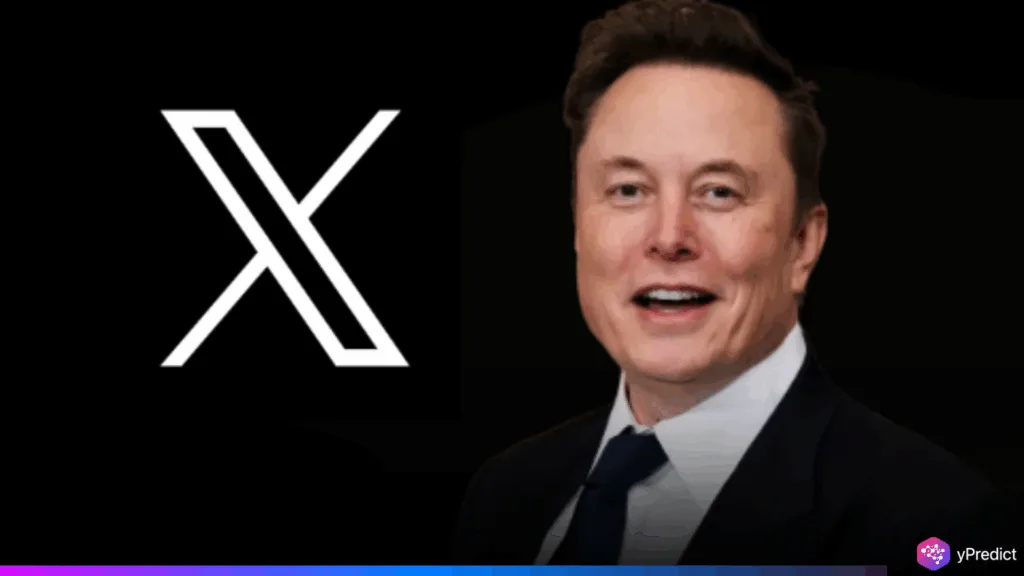
In a bold move aimed at protecting its competitive edge in artificial intelligence, Elon Musk’s X (formerly Twitter) has quietly updated its developer agreement to ban third-party AI training using platform data. The latest change directly affects how developers interact with the Twitter API, and it signals a growing trend of social media platforms locking down access to valuable user content. Musk’s AI startup, xAI, recently acquired X. With the Grok Chatbot now a core part of that ecosystem, the platform’s shift appears deeply strategic, designed to keep AI advantages in-house.
New Terms Restrict AI Training Access
The updated developer agreement includes strict language under the “Reverse Engineering and Other Restrictions” section. It states that developers shall not attempt to use the X API or X Content to fine-tune or train a foundation or frontier model. This is a complete reversal from a policy introduced in October 2023. Back then, X allowed third-party AI training using user data, provided users didn’t opt out. Now, X has taken full control over how its data feeds into the rapidly evolving AI landscape. By blocking free access to one of the internet’s most conversation-rich datasets, X is drawing a clear line: No more training rival AI models using its content.
xAI Takes Over, Grok Becomes the Priority
This policy change comes right after xAI acquires X, a move that cements Elon Musk’s strategy to centralize AI development under one umbrella. Grok Chatbot, xAI’s flagship AI assistant, relies heavily on real-time social data to remain competitive in the generative AI space. By cutting off developers from training on public conversations, Musk ensures that only xAI and, by extension, Grok can benefit from the full spectrum of X’s user-generated content.
This exclusivity strengthens Grok’s market position against rivals like ChatGPT and Claude. Internally, the company still retains full rights to use user data for its own AI training. Users must manually opt out via privacy settings if they do not want their interactions with Grok Chatbot to be used for training and fine-tuning.
Licensing May Become a New Revenue Stream
X’s decision to restrict access may hint at a new business model. By closing the door to free data access, the company could now open it for a fee. This approach mirrors Reddit’s recent $60 million licensing deal with Google to use its data for AI training. That deal also sparked lawsuits and accusations. Anthropic allegedly scraped Reddit’s content without permission, prompting legal action. X may be avoiding similar conflicts while also laying the groundwork for paid partnerships with AI developers. Instead of open access, Musk seems poised to monetize the Twitter API, specifically for large language model training.
AI Control Becomes Central to Platform Strategy
At the heart of these changes lies a calculated effort to control AI-related data pipelines. As more companies race to train advanced models, access to rich, real-time human interaction data becomes a key asset. Musk, now leveraging both X and xAI, seems unwilling to let competitors benefit from the same pool of information that fuels Grok Chatbot. This shift also reflects a broader industry pattern: platforms tightening data access while increasing internal AI investments. In Musk’s case, it’s about centralizing AI capabilities within his ecosystem.
Despite the external restrictions, X continues to train its models using user data. While users can opt out, most likely remain unaware of the default setting, keeping Musk’s internal AI pipeline well-stocked. By shutting down open access to its content, X has drawn a digital border around its most valuable asset, user conversation. For Grok Chatbot and Musk’s wider AI ambitions, that decision could define the next phase of competitive AI development.






